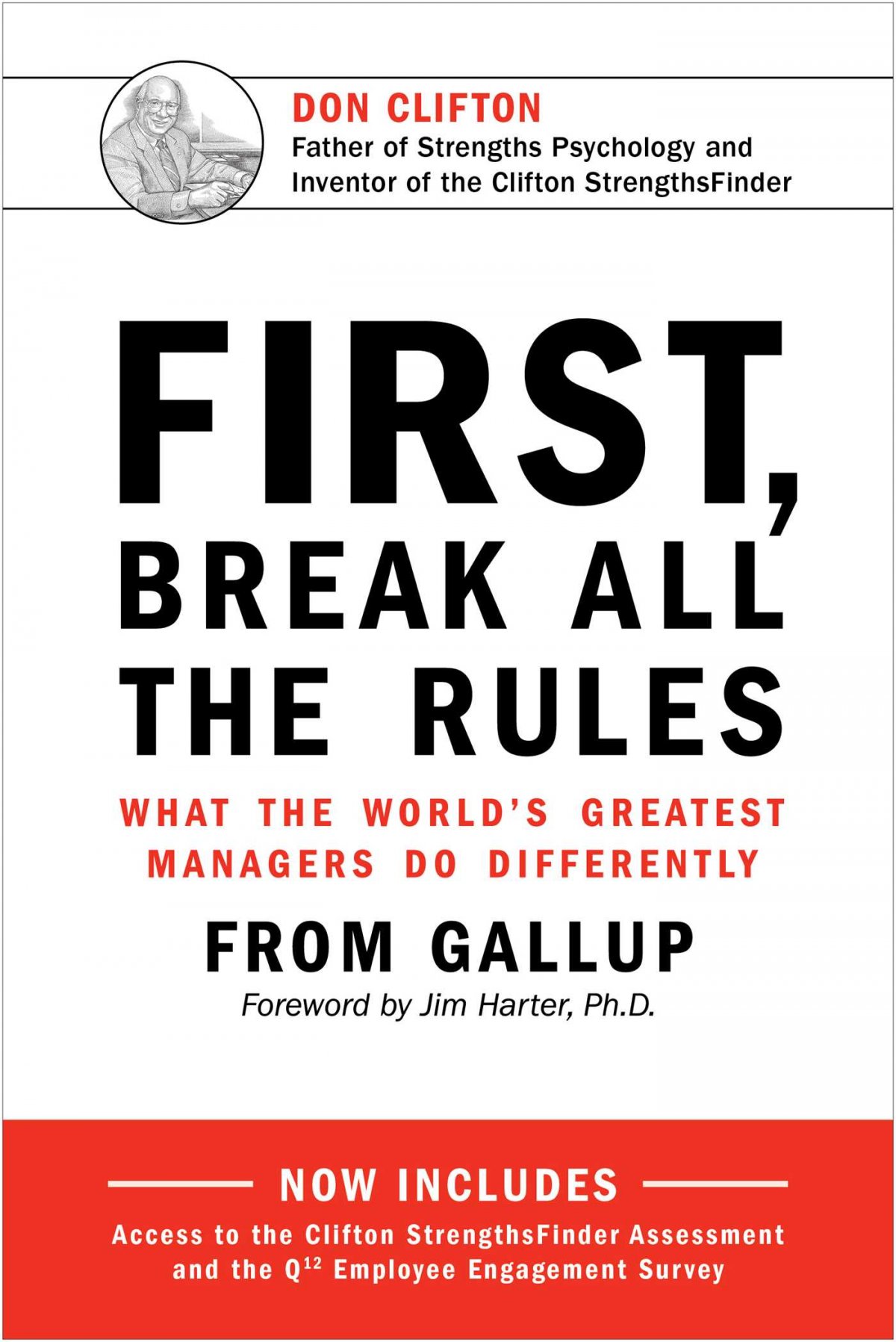8 lessons on the leadership of Facebook's human resources director for young managers
When Lori Goler (currently vice president of HR at Facebook) joined Facebook in 2008, she made every effort to turn this social network into an organization "based on all strengths" ( Strength-based).
That's a term taken from Marcus Buckingham 's best-selling administrative manual, and Curt Coffman published in 1999: First, Break All the Rules (First, break all Rule). The co-authors at the time were analysts at Gallup, drawing the implicit facts through a 25-year review of studies involving more than 80,000 managers in more than 400 companies. Global.
They have "broken all the traditional rules" by concluding that top managers promote strengths and ignore weaknesses instead of creating a group of equally capable individuals. . At the same time, they also find that these people play a more important role in the success and happiness of their subordinates than the company culture and other factors.
Goler understands the value of lessons in First, Break All the Rules to the point that she did not hesitate to go through Buckingham's independent management consulting firm TMBC to invite him to Facebook to work to support her and her. It is also suggested that all new managers should read this book.

Goler has been very successful in transforming Facebook's culture from a discrete social media company, patching it into a technology giant that is seen as one of the best workplaces. in U.S.A.
Here are the 8 most important lessons from the book that Goler has summarized and these are also the things that she wants to convey to the new leaders.
1. Sustainable personal relationships are key to success
Buckingham and Coffer wrote that the following 12 questions can help you "understand everything you need to better understand the work environment." Employees should respond positively if asked one of them.
1. "Do I know what I am expected of at the company?"
2. "Do I have the resources and equipment needed to complete the job properly?"
3. "At the company, do I have the opportunity to do the best thing I do every day?"
4. "In the last 7 days, have I received a recognition or praise for doing my job well?"
5. "Does my supervisor or someone at the company care for me as a separate individual?"
6. "Is someone at the company always encouraging me to grow?"
7. "At the company, is my point of view?"
8. "Is there a company mission / purpose that makes me feel my work is important?"
9. "Are my colleagues assigned quality jobs?"
10. "Do I have a close friend at the company?"
11. "In the last 6 months, has someone at the company talked to me about my progress?
12. "At this time last year, did I have a chance to learn and develop?"
2. Great leaders do not apply the golden rule (Golden Rule)
The golden rule asserts that you must treat others the way you want them to treat you like that. This is one of the biggest "traps" in the rule that Buckingham and Coffman have explained clearly in the book.

It seems to come from good intentions but acting as if your employees have an approach to work just like you means you have set a failure for them."So, the best managers always refuse to apply the golden rule . " Instead, if you want to treat a person as if he likes to be treated like that, consider who he is.
3. Leadership and management are completely different but both are necessary for an organization
Buckingham and Coffman wrote that there is a sect that vividly describes managers as automatic robots who always move jobs from one place to another, while leaders are the ones who really give the job. The company moves forward. According to this discipline, good managers have the potential to become good leaders.
According to the authors, this is not correct. They are simply people with different roles in the same organization and both are important.
"Good managers always look inside. On the contrary, good leaders always look outside."
Specifically, leaders do not have time to understand each employee's own needs and styles because they focus on thinking on bigger pictures. It is the duty of managers to build these relationships and promote the highest results.
4. Employees, basically, should be recruited by their talents
According to Buckingham and Coffman, experience, intelligence and determination are also important factors to consider when looking for talent, but the focal point should still be their talent . The two authors also define talent as "a cyclic pattern of thoughts, sensations or behaviors that can be exploited effectively."

Therefore, when interviewing candidates, managers should look for signs in their personalities and observe how they will behave at work.
5. Employees should be guided by the results themselves, not the steps taken
In order to harmonize different approaches to work, managers should give employees the freedom to find their own way to achieve their goals.
Identify the right expectations and then, to let them find their own ways of working with their abilities and experiences will be the foundation to help them meet the expectations you want.
6. Good managers spend most of their time with good employees
Buckingham and Coffamn believe that managers should spend more time on difficult employees than excellent employees seem to be just intuition. However, their research shows that doing the opposite is the right thing. Because excellent employees take greater responsibility in developing the company.
When a manager spends time with an employee, "they do not fix, adjust or guide. Instead, they use all means to find better methods to explore the different talents of That employee ".
7. Create your own path to success

Buckingham and Coffman share many stories illustrating the sad fact that many companies have put outstanding employees in positions that prevent them from developing their capabilities.
In order to have a strong organization, a company must evoke many different development paths, creating "heroes" for each basic function so that each person really has "land" to shine.
8. Feedback should be provided regularly and actionfully
Every year or every six months of productivity evaluations are no surprise. If managers can meet employees at least once a month and compromise goals, then success will be more easily measured.
This also contributes to an open relationship, allowing teams to operate smoother and more productive.
You should read it
- ★ 10 mistakes in management will 'kill' the motivation of the group
- ★ 11 harsh facts that any good leader knows
- ★ 5 rules should be abolished immediately if you want to retain good employees
- ★ 6 leadership styles needed to become a senior manager
- ★ Recruiting 'Z generation': 7 things managers need to know